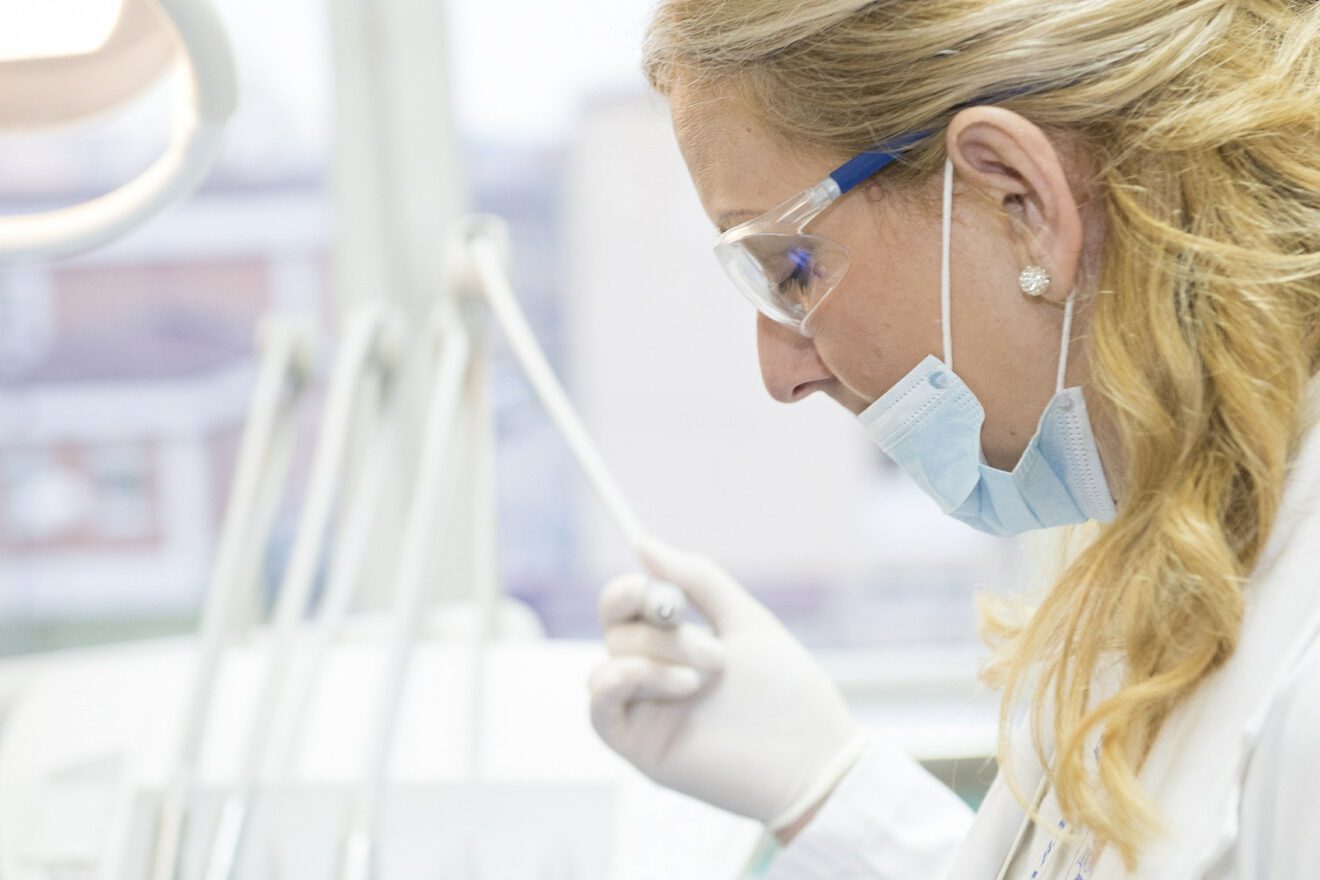FDA takes steps to speed diagnostics, provide regulatory relief amid pandemic
As the novel coronavirus pandemic continues to pummel countries and challenge the health care ecosystem, the FDA is taking decisive steps to make it easier for life sciences companies and health care workers to assist in the crisis.
Most notably, the FDA has sped emergency use authorizations for SARS-COV-2 and COVID-19 tests, granting EUAs to 17 and counting. In addition to EUAs, the agency also recently approved the first rapid coronavirus diagnostic test, a 45-minute test from Cepheid.
On a recent FDLI webinar, Jeff Shapiro, partner at Hymen, Phelps & McNamara, said the agency has been working with companies on faster, more interactive reviews, and the agency notes that is the goal during this time.
“Staff at FDA have been working nonstop to expedite the review and authorization of diagnostics during this public health emergency,” FDA Commissioner Stephen Hahn has said. “Our device center has been in continual contact with the medical device community, in particular diagnostic developers, since January — providing technical assistance to test developers to help facilitate the availability and distribution of tests.”
New guidance
The agency has also been coming out with new guidance related to the novel coronavirus, including a guidance allowing commercial test developers to immediately launch assays once they are validated and then seek an EUA within 15 days.
It also quickly issued new guidance on COVID-19-related issues, such as for trials impacted by COVID-19, for pharmaceutical and medical device manufacturers. The guidances are to be implemented immediately, prior to a public comment period, although the FDA will still collect feedback and update the guidance in the future if necessary.
The agency also finalized guidance on its 510(k) Third Party Review Program, which is intended to delegate reviews of some 510(k) submissions and allow the FDA to focus on more complex or higher-risk devices.
Another guidance aims to help increase the availability of respiratory devices including ventilators by allowing manufacturers to modify already cleared products without a premarket notification.
Regulatory relief
In addition to new guidance, other steps have been implemented to provide regulatory relief, including temporarily postponing all domestic routine surveillance facility inspections. The FDA had previously postponed most foreign facility inspections through April.
“When you have an emergency, risk balances shift,” John Johnson, counsel at Shook, Hardy and Bacon, said on the webinar. He added that his firm is advising clients importing products to coordinate with the FDA and customs brokers to ensure shared understanding.
The agency has also relaxed laboratory testing and imaging requirements for drugs requiring risk evaluation and mitigation strategies. “Under these circumstances, undergoing testing or imaging studies in order to obtain a drug that is subject to a REMS can put patients and others at risk for transmission of the coronavirus,” FDA Principal Deputy Commissioner Amy Abernethy said.
Finally, the FDA and the CDC announced that some National Institute for Occupational Safety and Health-approved respirators not currently under FDA regulation can be used by health care personnel during the pandemic.
Faster warning letters for some
Despite the increase in flexibility, some drug and device makers may see faster post-inspection regulatory action as a result of the pandemic, said Howard Sklamberg, partner at Akin Gump Strauss Hauer & Feld, during the webinar. Many FDA employees have been moved off their usual tasks and are looking for other activities they can perform, such as issuing warning letters for sites with inspection deficiencies.
Sklamberg notes that follow-up inspections won’t happen quickly and that as the pandemic subsides there will be a lot of catchup related to these inspections, so it’s important for companies to be ready.
